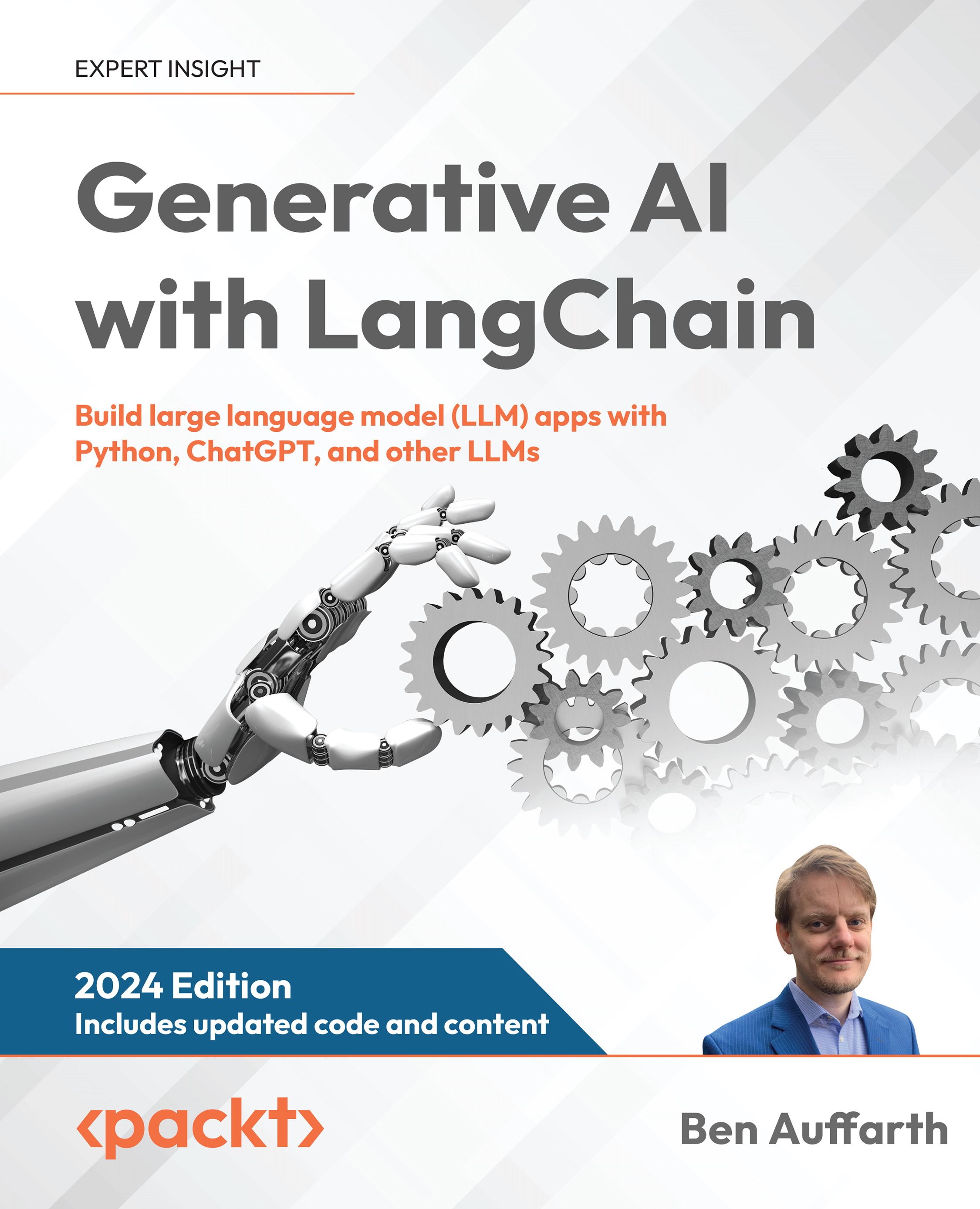xAI, Elon Musk's AI startup, launches an API
Elon Musk’s AI startup, xAI, has launched an API for its generative AI model, Grok, allowing developers to integrate Grok’s features into their applications. The API currently offers a single model, "grok-beta," priced at $5 per million input tokens and $15 per million output tokens. Grok, which powers various features on X (formerly Twitter), is known for its rebellious, uncensored responses and image generation capabilities. Although still developing, xAI aims to catch up to competitors like OpenAI and Anthropic, using data from Musk's companies and X to train future models.
Introducing Stable Diffusion 3.5
Stable Diffusion 3.5 is the latest release from Stability AI, offering multiple highly customizable models designed to run on consumer hardware. These models, including Stable Diffusion 3.5 Large and Large Turbo, are available for free for most uses under a permissive license. They offer a balance of high image quality, fast performance, and flexibility, making them ideal for creators, researchers, and businesses. The models can generate diverse images in various styles and are available for download on platforms like Hugging Face.
Unlock access to the largest independent learning library in Tech for FREE!
Get unlimited access to 7500+ expert-authored eBooks and video courses covering every tech area you can think of.
Renews at $15.99/month. Cancel anytime
Introducing the new Claude 3.5 Sonnet, and Claude 3.5 Haiku and “Computer Use”
Anthropic has announced updates to its Claude 3.5 models, including the upgraded Claude 3.5 Sonnet, which excels in coding and tool use, and the new Claude 3.5 Haiku, which offers similar performance to previous top-tier models at a lower cost and faster speed. They’ve also introduced a groundbreaking “computer use” capability in public beta, allowing Claude to interact with computers like a human by navigating interfaces, clicking buttons, and typing. This feature is still experimental but has potential for automating complex tasks.
Meta releases Spirit LM, open-source multimodal modelintegrating text and speech seamlessly
Meta has released Spirit LM, a model for handling both spoken and written language in an interleaved manner. The repository contains model weights, inference code, and evaluation scripts for the Spirit LM model, which can be set up using Conda or pip. It includes tools for speech tokenization and text generation, with an emphasis on preserving speech-text sentiment in its outputs.
New autonomous agents scale your team like never before
Microsoft announced new autonomous agent capabilities in Copilot Studio to help businesses scale more efficiently. Starting next month, businesses will be able to create their own agents, designed to handle tasks like sales, supply chain management, and customer service. These agents, integrated into Dynamics 365, can automate complex processes such as lead generation, supplier communication, and customer support.
 United States
United States
 Great Britain
Great Britain
 India
India
 Germany
Germany
 France
France
 Canada
Canada
 Russia
Russia
 Spain
Spain
 Brazil
Brazil
 Australia
Australia
 South Africa
South Africa
 Thailand
Thailand
 Ukraine
Ukraine
 Switzerland
Switzerland
 Slovakia
Slovakia
 Luxembourg
Luxembourg
 Hungary
Hungary
 Romania
Romania
 Denmark
Denmark
 Ireland
Ireland
 Estonia
Estonia
 Belgium
Belgium
 Italy
Italy
 Finland
Finland
 Cyprus
Cyprus
 Lithuania
Lithuania
 Latvia
Latvia
 Malta
Malta
 Netherlands
Netherlands
 Portugal
Portugal
 Slovenia
Slovenia
 Sweden
Sweden
 Argentina
Argentina
 Colombia
Colombia
 Ecuador
Ecuador
 Indonesia
Indonesia
 Mexico
Mexico
 New Zealand
New Zealand
 Norway
Norway
 South Korea
South Korea
 Taiwan
Taiwan
 Turkey
Turkey
 Czechia
Czechia
 Austria
Austria
 Greece
Greece
 Isle of Man
Isle of Man
 Bulgaria
Bulgaria
 Japan
Japan
 Philippines
Philippines
 Poland
Poland
 Singapore
Singapore
 Egypt
Egypt
 Chile
Chile
 Malaysia
Malaysia















